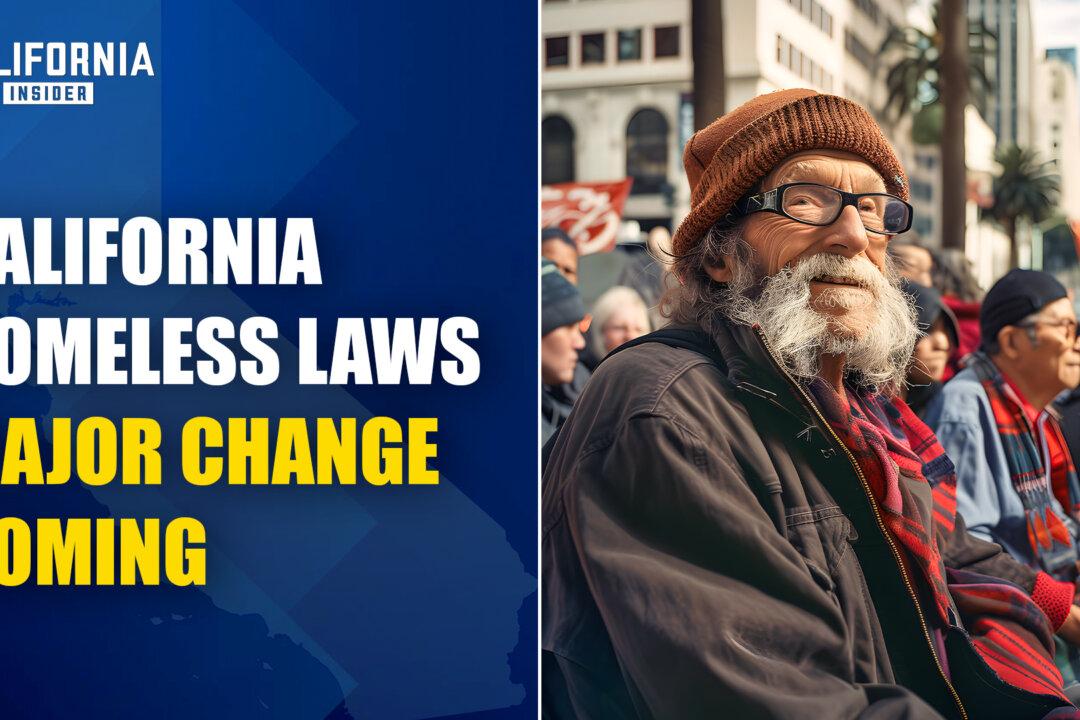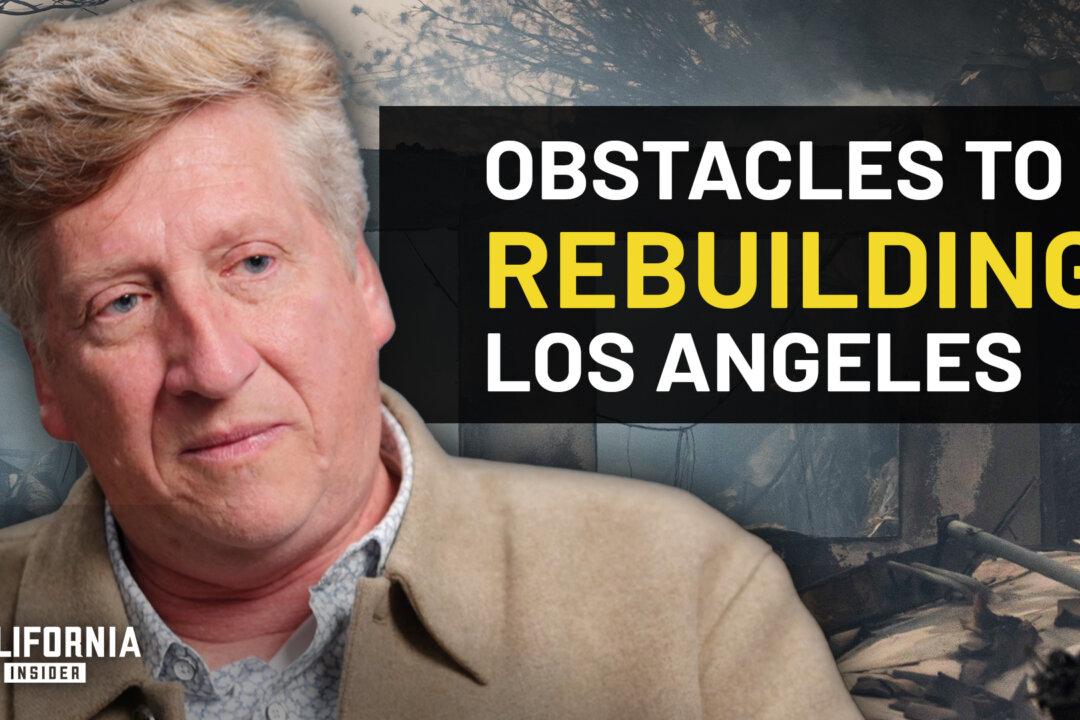California is facing a homelessness crisis of epic proportions. As Chris Tourtellotte of LaTerra Development points out, the state accounts for over 30% of the nation’s homeless population despite having only 12% of the total population. In a recent interview, Tourtellotte outlined several factors driving this crisis and potential policy solutions to consider.
Major Change Coming for California Homeless Laws: Cities Gain Control Over No Camping Laws | Chris Tourtellotte

|Updated:




